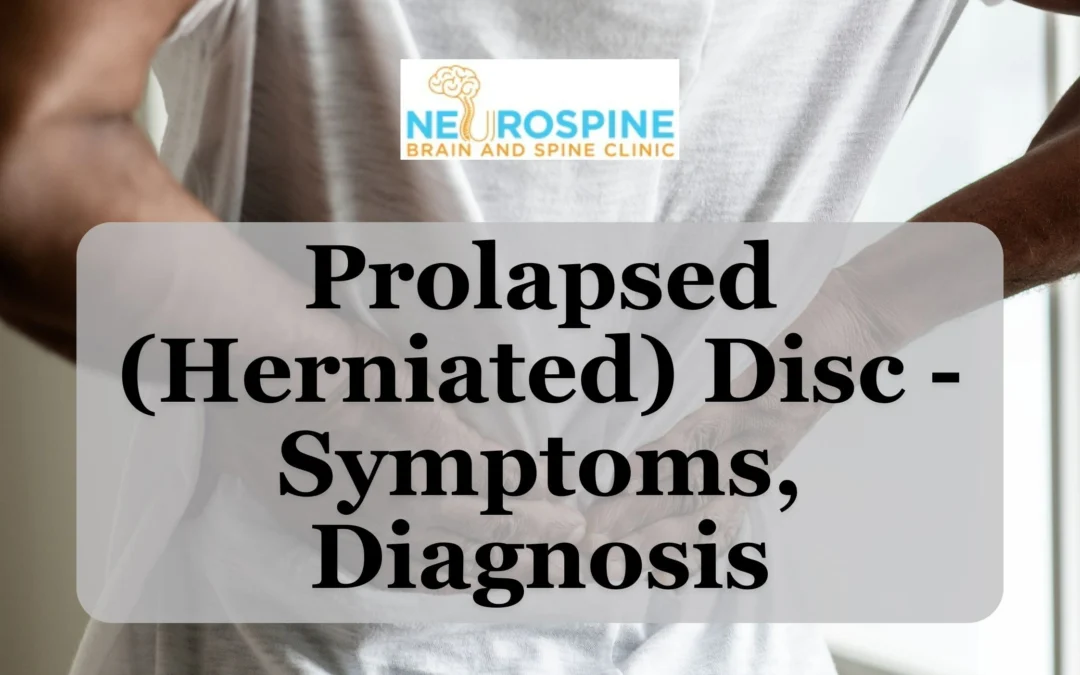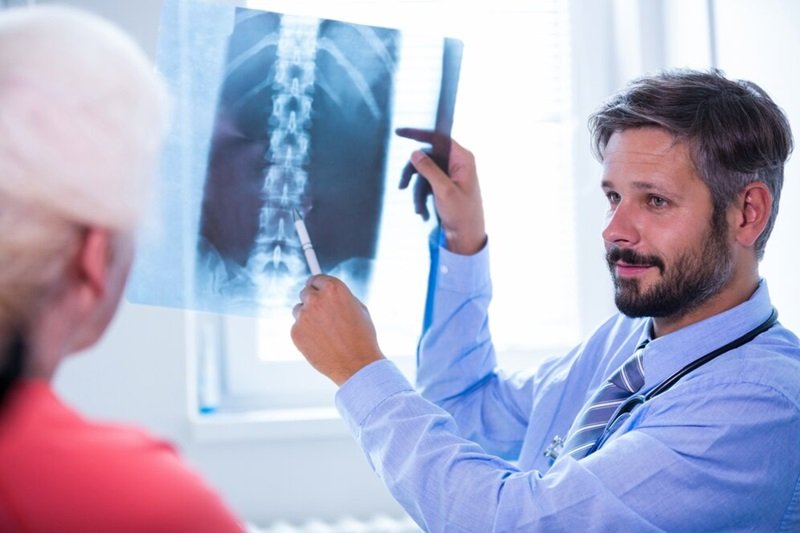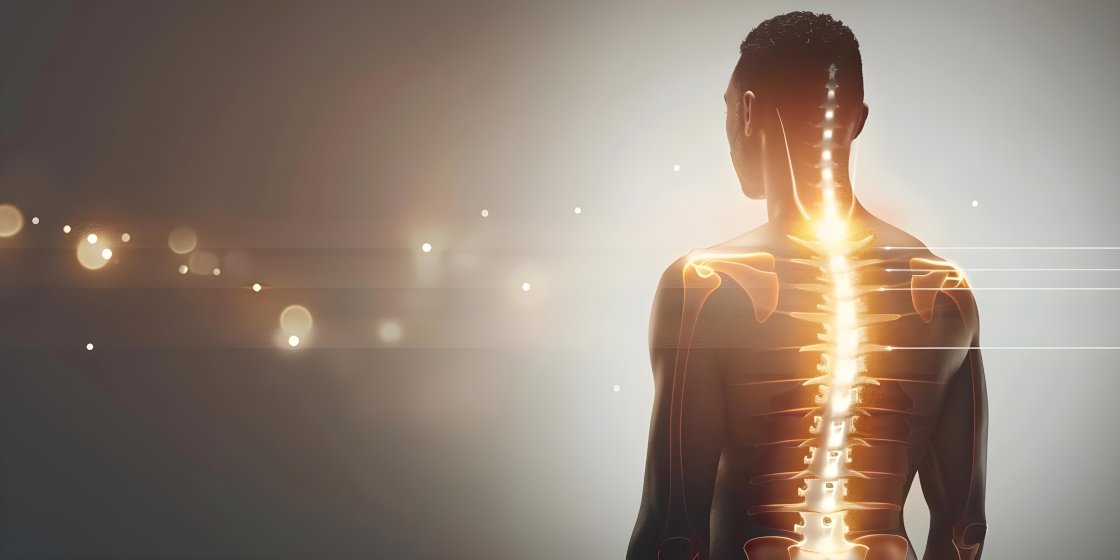Untreated herniated or prolapsed discs create neurological problems and burning sensations.Under the supervision of the best neurosurgeon in Thane, Neurospine Brain and Spine Clinic provides quality care based on the health of the patient. For better management of a prolapsed disc, it is necessary to know the symptoms and proper procedure for diagnosing it.
This entire guide will educate you on how to identify warning signs, choose the proper diagnostic method, use professional treatment, and why you’ll need a pediatric spine doctor in Thane while treating children.
Symptoms of a Prolapsed (Herniated) Disc
- Arm or Leg Pain: Pain generally radiates to some regions based on where the disc is most commonly a source of shooting or burning low back, buttock, thigh, calf, and even foot pain. Other sources are arm and shoulder pain that worsens if you cough, sneeze, or change positions.
- Numbness or Tingling: Herniation of a disc will most commonly cause numbness or tingling of the dermatomes innervated by the compressed nerve root, typically radiating down the involved limb.
- Muscle Weakness: Groups of muscles supplied by the involved nerves may become weakened, and this may lead to staggering and inability to lift or to grasp.
- Asymptomatic Cases: A bulging disc in the majority of patients is not only asymptomatic but may also not be diagnosed at all unless incidentally found on imaging for some other reason.
The best neurosurgeon of Thane suggests that the patient pay close attention to observe patterns of symptoms so that they may get an early treatment.
How Is a Prolapsed Disc Diagnosed?
The prolapsed disc is diagnosed based on history, physical examination, and imaging equipment.
Medical History and Physical Examination
Your physician will begin with a diagnosis by taking your history, in which your physician will question you regarding your symptoms of pain, numbness, or weakness and how these affect your function. This is succeeded by physical examination, in which your physician will check for tenderness of your back and will examine you to rotate your legs in varied positions so that they can identify possible causes of pain.
Neurological Evaluation
While you are being tested, the doctor will also conduct a neurological exam to check for:
- Reflexes
- Muscle strength
- Walking ability
- Sensation such as light touch, pinpricks, or vibration sense.
Imaging Tests
You might be required to take one or more imaging examinations:
- X-rays are generally used to rule out other diagnoses.
- A CT scan is taken of several X-rays from various angles and gives cross-sectional pictures of the spine.
- MRI produces clear pictures and is the optimum test to confirm the position and size of a herniated disc and how it is affecting the adjacent nerves.
- Myelogram, where the dye is injected into the spinal canal and a CT scan is taken, may be employed if it is suspected that there is more than one herniation.
Nerve Function Testing
If one needs to identify the nerves or nerve roots that may be involved or to evaluate for injury, your physician may have nerve conduction studies or electromyography (EMG) conducted:
- During a nerve conduction study, the movement of an electrical impulse through your nerves is recorded using skin electrodes.
- EMG records the electrical activity of the muscles using a very thin needle electrode inserted inside the muscles, while resting and contracting.
At Neurospine Brain and Spine Clinic, the state-of-the-art diagnostic centre is supplemented by a spine surgeon paediatrician in Thane for treating patients of all age groups.
Treatment of Prolapsed Disc
The management of disc prolapse depends on the symptoms and extent of nerve injury:
Non-Surgical (Conservative) Management
Conservative treatment is the initial management of a herniated disc:
Medications
- Some over-the-counter pain drugs in the form of Naproxen Sodium, Ibuprofen or acetaminophen are given for mild to moderate pain.
- Pharmacologic drugs for neuropathic pain (eg, gabapantin, pregabalin, duloxetine) reduce nerve pain by preventing nerve impulses.
- Muscle relaxants can be used when muscle cramps occur, but cause side effects such as drowsiness or dizziness.
- Short-term use of opioids like codeine or oxycodone and acetaminophen mixtures can be employed if the other drug is not effective. Still, they do have the risk of addiction and other side effects.
- Corticosteroid injections (usually epidural injections) may be used if oral therapy is not effective to decrease inflammation and compressive pain around spinal nerves.
Physical Therapy and Stay Active
Physical therapy is the basis for conservative management, utilised for rehabilitation of strength, flexibility, and mobility. Physical therapists instruct patients in the execution of exercises specifically targeting their classification of pain and restriction of motion. Stretching, core stabilisation, aerobic conditioning, and manual therapy are examples of such interventions.
Minimally Invasive and Surgical Treatment
Surgery is generally reserved for acute attacks of chronic symptomatology, nerve damage, or severe functional impairment.
Surgical Options
Discectomy: removal of the herniated disc fragment to relieve nerve compression.
Indications for Surgery are:
- Increasing or severe weakness or loss of nerve function
- Cauda equina syndrome or bladder/bowel dysfunction
- Symptoms persisting over 6–12 weeks despite conservative management
Complications of Surgery: As with any surgery, complications are bleeding, infection, leakage of spinal fluid, or nerve damage.
Modern diagnostic equipment at Neurospine Brain and Spine Clinic
Neurospine Brain and Spine Clinic bridges the gap between clinical expertise and state-of-the-art technology of prolapsed disc diagnosis:
- State-of-the-art high-technology digital imaging laboratory facility equipped with MRI and CT scan machines.
- Facilities of neurological examination for muscle and sensory function assessment.
- Therapeutic intervention by neurosurgeons, physiotherapists, and pain relief specialists.
When a Pediatric Spine Surgeon Consultation is Required
Although disc herniation is more common in adults, children and adolescents also become engaged with disc problems owing to injury, birth anomaly, or athletic activities.
- Early diagnosis by a spinal expert in children from Thane provides an opportunity for proper treatment, directly addressing spinal development.
- Relief of pain and restoration of motility are addressed initially with conservative therapy.
- In instances of severe or long-standing cases, surgical intervention could be undertaken to prevent long-term sequelae.
Conclusion
A herniated (prolapsed) disc is painful with neurological presentation, but highly curable with prompt diagnosis and advanced treatment. The best neurosurgeon in Thane and experienced pediatric spine specialists treat in Neurospine Brain and Spine Clinic with advanced diagnostic facilities and individually tailored therapy procedures. When you are experiencing suspected disc issues, undergo early evaluation to preserve your spine and maximise quality of life.
Call Neurospine Brain and Spine Clinic today to make an appointment to get excellent care for your spine wellness problem.
FAQs
- Is a prolapsed disc serious?
A prolapsed disc will cause acute pain and nerve injury. If left untreated, it is often corrected with quick intervention.
- What is the best treatment for herniated discs?
Medical medicine and physical therapy can be harmless, whether or not as surgery, which depends on the range of symptomaticity.
- How serious is a disc herniation in a prolapse?
Prolapse is a more severe condition where the nucleus of the disc exits through the annulus fibrosus and compresses the nerves.
- Can I live a normal life with a herniated disc?
Yes, with proper treatment and lifestyle changes, most people recover normal functions with minimal damage.




